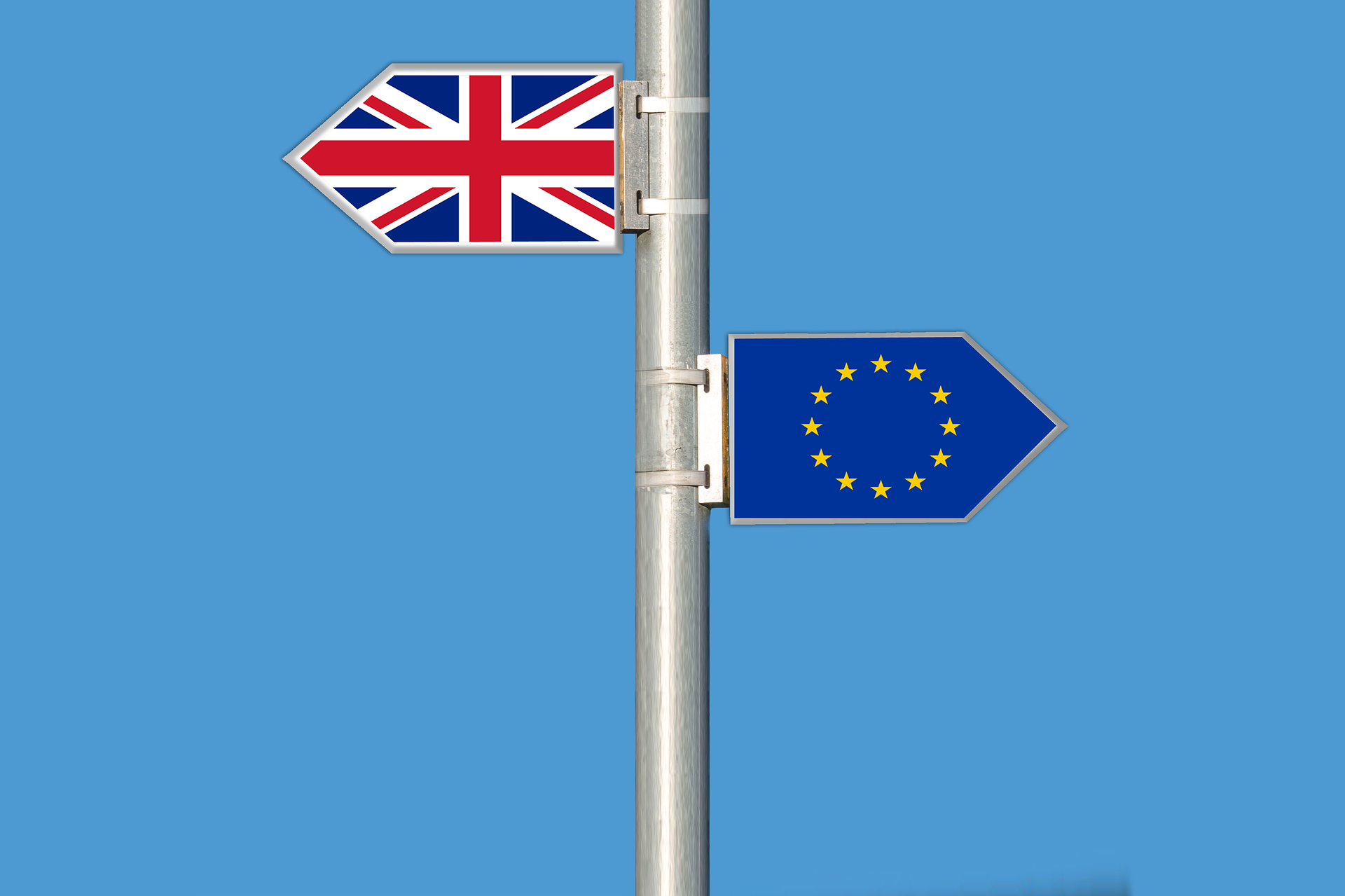On Christmas Eve (24th December 2020), it was announced that the UK and the EU had finally arrived at a trade deal, subject to ratification by EU member states and the UK Parliament. Many business owners will have received government letters in recent months telling them to get ready for Brexit, and whilst the announcement of the deal may not answer every question a business owner may have, it provides a bit more information.
If your business employs people, Brexit will have implications for you as an employer. This blog will provide a summary of those that we are aware of at this stage for businesses in England and Wales.
Right to work and immigration
One of the biggest changes that may affect many employers are changes to immigration rules. EU citizens will no longer have the automatic right to work in the UK from 1st January 2021. EU citizens who moved to the UK prior to 31st December 2020 can apply for settled or pre-settled status, depending on how long they have been in the UK.
Government guidance states that for employers: “There will be no change to right to work checks until after 30 June 2021 and you will not be required to undertake retrospective checks on existing EU employees.”
However, following that the documents employers can accept to prove right-to-work for EU citizens are likely to change. There will also be a new points-based immigration system in 2021, which regards EU and non-EU citizens equally. Please note that until 30 June, employees will be required to provide the same right to work documents as they were required to give pre-Brexit and you can simply encourage employees to obtain settled status, and once obtained encourage them to provide you with a copy. This is where employers could give some helpful support and signposting to employees, but we recommend that this is done tactfully and not targeted.
The CIPD have created a guide on the new rules, which is available here.
Professional Qualifications
Under EU membership, there was mutual recognition of professional qualifications between member states. However, the deal did not secure a continuation of this automatically – rather, qualification bodies in the UK can negotiate recognition agreements with their counterparts in individual EU member states.
Why does this matter? In some occupations, where qualifications are an indicator of the required skills and knowledge, but not essential, then in practice nothing may change (although it would potentially still be beneficial to check any potential issues with your professional indemnity insurer, and review claims made as part if your marketing). However, for regulated professions, the relevant UK regulator will need to be contacted to find out how to get professional qualifications recognised.
Employment Law
The European Union (Withdrawal) Act 2018 (EUWA) created a new category of law in the UK, known as “EU retained law”, which basically copied and pasted the legislation that had been implemented during our time in the EU into UK law post-Brexit. As such, Brexit does not mean that employment law as we currently know it will disappear!
However, legislation is not just about what the letter of the law says; it also develops based on how it is interpreted by senior courts. For countries that are part of the EU, the European Court of Justice (ECJ) is the highest court, and therefore we have seen ECJ rulings impact on legislation such as that around calculating holiday pay. However, under the deal, the ECJ will no longer have jurisdiction in the UK (other than in Norther Ireland, which has a special status under the deal), and so changes may happen.
For now, there are no definite changes to legislation around working time, and other areas such as agency workers, TUPE and collective consultation, however, here at ViewHR we will be watching closely for developments and will release further blogs to update you when more information becomes available.
Business Travel
If your employees travel for business, you may need to update your travel policy, as new rules for travel will come into effect from January 2021. Travellers from the UK will now require at least six months on their passport to travel within the EU, and the European Health Insurance Card (EHIC) is being phased out. A replacement is being introduced, however, it still may be appropriate for employers to speak to their insurers to ensure their employees have relevant cover for travelling on company business.
This blog provides a summary of the key issues relating to HR, but there may be industry-specific considerations not discussed. If you would like to discuss how these issues may impact on your business, and any support you may require to implement the necessary changes, please contact a member of the ViewHR team.


